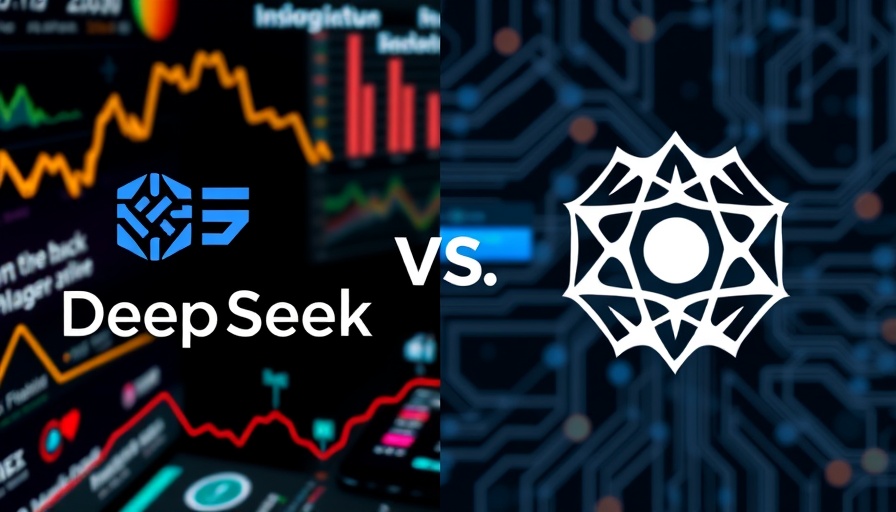
DeepSeek's Surprising Grow: 74% ChatGPT Mimicry Raises Eyebrows in AI Community
A recent study by Copyleaks has unveiled a remarkable finding: 74.2% of DeepSeek-R1's output closely resembles OpenAI's ChatGPT, prompting widespread discussion about the ethical implications and originality of DeepSeek’s development practices. The study, which utilized sophisticated classifiers to dissect the stylistic fingerprints of AI-generated content, has ignited debates about whether DeepSeek's model may have potentially implemented OpenAI's technology without proper authorization.
Is DeepSeek's Advantage Built on Imitation?
The analysis by Copyleaks suggests striking stylistic overlaps in AI-generated texts, indicating that DeepSeek-R1 might not have relied solely on its unique algorithms during development. As a result, questions about originality emerge: Is DeepSeek a derivative of OpenAI’s work? Professional analysts emphasize the need for frameworks that protect intellectual property, particularly in a rapidly evolving AI landscape.
AI Fingerprinting: A Necessity or Just Hype?
AI fingerprinting, a developing concept vital for ensuring the uniqueness of AI outputs, has come under the spotlight following the study's findings. Advocates of AI fingerprinting, like Shai Nisan from Copyleaks, argue it is essential for detecting unauthorized use and safeguarding intellectual innovations. By implementing such practices, AI firms can help maintain a fair marketplace and promote ethical development standards within the industry.
Public Upheaval: Mixed Reactions in the Digital Sphere
The AI community’s response to the findings has been mixed. Some enthusiasts voice skepticism towards OpenAI’s claims, suggesting that their concerns might stem from competitive pressures amidst rising, more cost-effective alternatives like DeepSeek. Conversely, there are legitimate worries about the potential for intellectual property theft and the necessity for greater accountability in AI technologies. This dichotomy reflects broader issues in the industry, where innovation must balance with ethical considerations.
Implications on Innovation and Regulation
The revelations regarding DeepSeek have larger implications for the artificial intelligence landscape. Ongoing discussions emphasize the necessity for clear guidelines and regulations to mitigate potential risks associated with model imitation and unauthorized usage. As the demand for ethical standards in AI increases, stakeholders are recommending robust policies that would delineate clear boundaries within which AI technologies should operate.
The Future of AI: Challenges Ahead
The potential ramifications of the Copyleaks study extend into various facets of the AI industry. Economically, ongoing disputes over intellectual property could undermine confidence in newer models and deter investments. Socially, a decline in public trust could slow the adoption of AI solutions across multiple sectors by exacerbating existing apprehensions about transparency and ethical practices. Politically, governments may find themselves compelled to enact stricter regulations to better protect intellectual property and foster ethical AI development practices.
Conclusion: Moving Forward with Ethical Integrity
As the incidents surrounding DeepSeek reveal, the AI industry stands at a crucial intersection of innovation and ethics. The need for responsible development, transparent methodologies, and effective regulation is more vital than ever. AI enthusiasts, developers, and policymakers must collaborate to ensure that advancements in technology do not come at the cost of ethical integrity. This balance will dictate the future of AI and its role within society.
 Add Row
Add Row  Add
Add 




 Add Row
Add Row  Add
Add 

Write A Comment